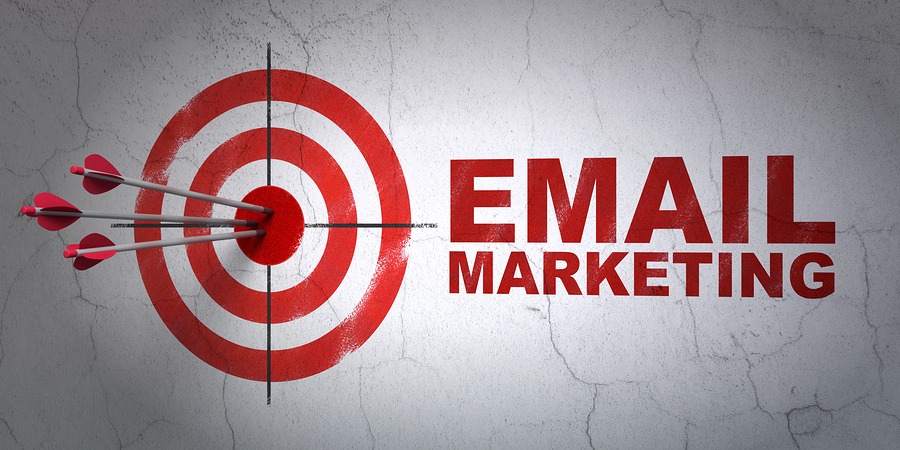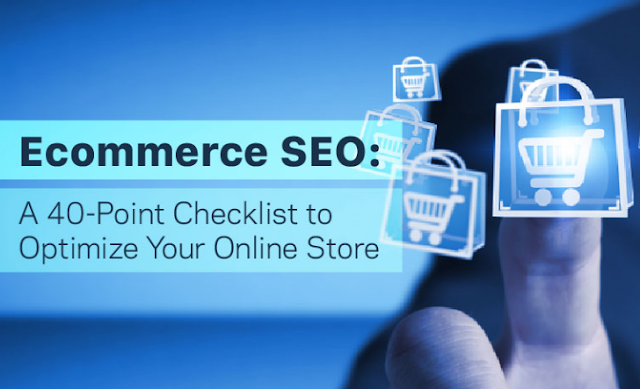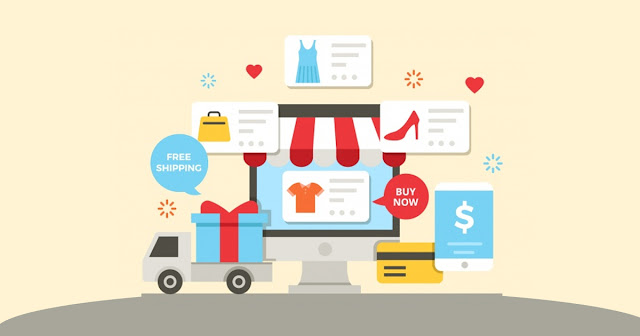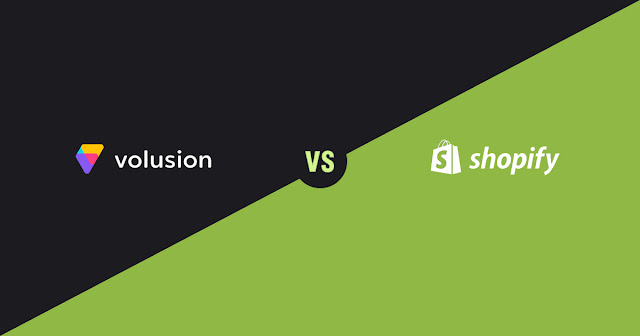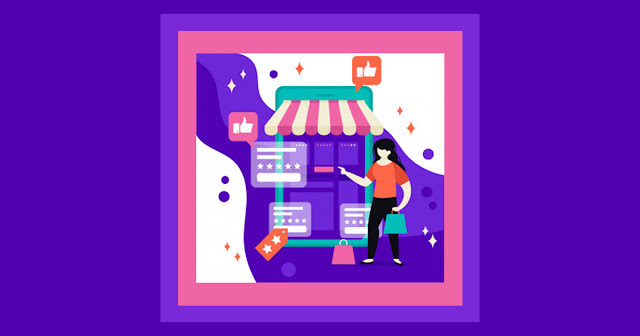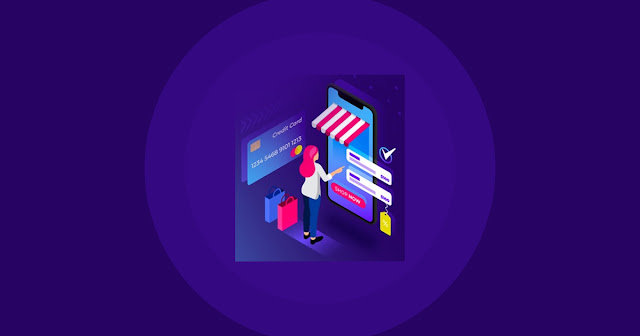A lot more goes into building a successful e-commerce business than you might think.
The way some people talk about
e-commerce, you might think it’s a fully automated business model that
doesn't suffer the same pains as, say, a brick-and-mortar storefront, or
a creative agency that’s taken up shop at a local We Work.
But that couldn’t be further from the
truth. In fact, e-commerce can be just as challenging as any other type
of business. And in some cases, even more challenging than a more
conventional company, simply because it is so reliant upon one single
variable: a third-party platform.
In order to build an e-commerce business, you need to leverage a third-party platform like
,
Shopify
, Shopify
WooCommerce
,
Volusion
or
Magento
. Sure, you can sell products independently through a custom-built website, but in order to really scale your operation, at a certain point you’re going to need one of these platforms.
But any e-commerce entrepreneur will
tell you that the biggest challenge in e-commerce is dealing with the
limitations of these platforms. This is exactly what Colton Chorpenning,
the marketing lead at
“It was a $30,000 mistake for us to
realize that the Shopify Plus e-commerce platform wasn’t right for us,”
he said. “They rely heavily on third-party apps to provide many
essential functions, forcing vendors to install dozens of monthly
subscription apps and then figure out how to make them all work
together. We eventually moved back to BigCommerce, where at least we had
more control over our business.”
When you look at the data, it’s easy to
see the war raging between the various eCommerce Platforms vying for a
piece of the explosive market.
$2 billion
.
The eCommerce Business Model is
incredibly profitable, not just for the vendors but for the platforms
that help these vendors scale from modest up to even nine-figure
businesses.
So, before you make the same mistake as
Veppo, here are four things you should consider when selecting the right
e-commerce platform for your business.
1. Calculate the Costs. All of Them.
All platforms have costs associated with
them. Which means, if you’re coming out the gate with a new business or
product, make sure you can support the cost of an e-commerce platform
before you spend the money.
“This was one of the reasons we actually
ended up leaving BigCommerce originally,” said Chorpenning. “They
increased their prices, and at the time we didn’t understand why. Of
course, it wasn’t until after we made the move away from them that we
realized why those costs were justified. So, my suggestion to other
e-commerce entrepreneurs is to work in this cost from the beginning, and
pad it heavily." The platform is one thing you shouldn’t skimp on; it's
an investment for your business, and an important one.
Another thing to keep in mind is whether
you’ll be paying a flat monthly fee or if you should expect to pay more
for transactions, bandwidth, server storage, apps and plug-ins down the
road. All of these costs need to be considered in your decision, to
ensure they fit well within your business model and existing cash flow.
2. Don’t Believe the Hype. Do Your Research.
Just like anything else in business, don’t base your purchase solely off the marketing associated with the brand.
Take the time to do your homework on
each of the platforms you’re considering. Get on the phone with a sales
rep and ask as many questions as you need to. Make sure you fully
understand what you’re signing up for, and confirm that the
functionality that’s required for your business to operate successfully
is included in what you’re paying for.
Determine whether the platform serves
all the functions your business requires, and even ask about things that
seem basic, such as editing orders or automating emails to customers.
E-commerce platform companies have their own marketing strategies and it
can be easy to believe the hype and read positive testimonials that
make you believe it’s the next big thing out there. But that isn’t
always the case; make sure you do your homework. Not every platform is
right for every business.
3. Make Sure Your Team Can Use It
It’s amazing how different a product experience can be based on its user interface.
Before you sign up for a specific
platform, make sure you think hard about who on your team is going to be
managing it—and see which interface they like better. Remember, you’re
going to be spending a lot of time in there managing your business, so
if the interface is clunky or confusing to you (or someone on your
team), that’s going to pose problems and inefficiencies.
The truth is, e-commerce platforms are
supposed to make it easier for businesses to sell products and services
to their customers—and to make the customer happier by streamlining the
transaction process. So, unless those primary goals are being
accomplished, it’s the wrong fit for your company.
And you’re much better off learning
those hard lessons before you build your entire business on a platform
that isn’t the right fit.
4. Select The Right Hosting Company
The same due diligence applies to
selecting your hosting company. The last thing you would want is to go
through all the effort of selecting the right e-commerce platform, only
to have problems with your servers. Not to mention, a poor web hosting
platform can have a negative impact on your search rankings because it
can cause your site loading times to be slow, or worst-case scenario,
cause site downtimes.
Researching the different hosting
options upfront is also key because switching hosting companies isn’t an
easy feat. In some cases, you will need the help of a developer to back
up the entire site and help you move it over to a new host, which can
take days.
Some important questions to ask of any hosting company before signing on are:
- Do they provide 24/7 support?
- Do they provide daily backups of your site?
- Will your site will be on a shared server? If so, how many other sites are on one server at any given time?
- What are the security precautions that need to be taken when you are sharing a server with other companies?
- Will the shared server impact your outgoing emails to customers in the event that one of the other companies on the server gets
blacklisted as spam?
Bottom line is this: after all the time,
money, and effort companies put into designing a site that will convert
traffic into sales, it’s of utmost importance to ensure the site is up
and running all of the time. The host is where your site will live, and
that should be on the most reliable and effective service you can get.
Originally Published at https://www.forbes.com/



